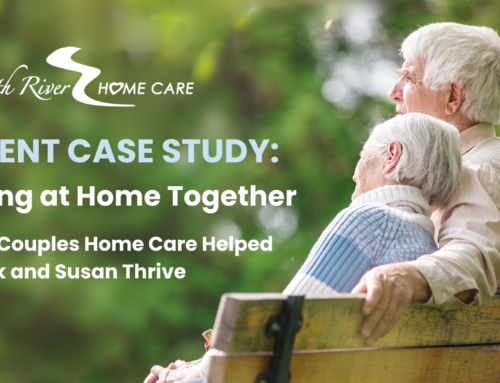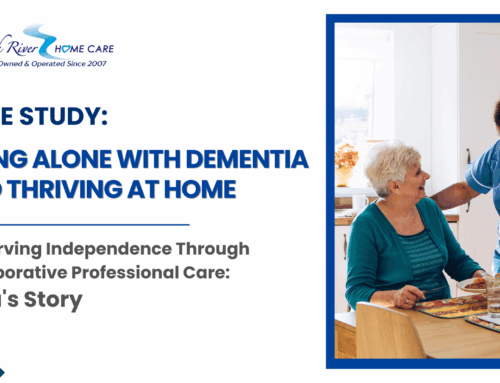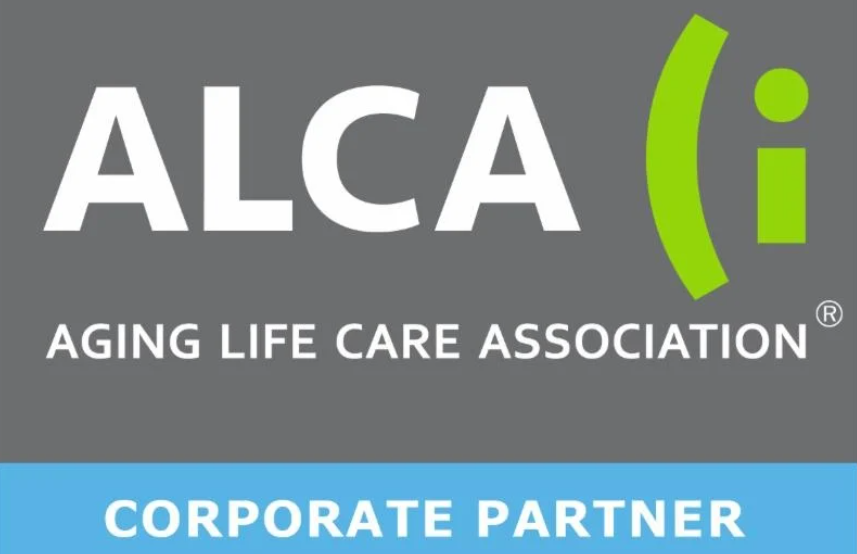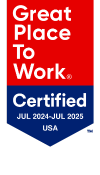“I don’t have dementia There is nothing wrong with me!”
If you have ever heard a loved one with dementia frustratingly communicate this or perhaps a similar sentiment, you may have believed the person was just in denial and unwilling to accept a tough diagnosis. The stark reality is, however, that oftentimes those with Alzheimer’s disease and other conditions are experiencing anosognosia – an unawareness of their impairment.
It can be tough to determine the way to respond to a senior who is unaware of his or her own cognitive functioning challenges. The following tips from Boston’s south shore home care experts might help family caregivers better relate to their loved one with Alzheimer’s disease and anosognosia:
- Understand that the senior, although short of awareness within one area, is not necessarily experiencing overall unawareness of his or her health status. The senior could be unaware of the memory impairment due to dementia, but have full awareness of the physical constraints related to rheumatoid arthritis, for example.
- Expect to see variances in the senior’s level of anosognosia. While he or she might appear to be completely unaware of a certain challenge at this moment, the amount of awareness might shift as time passes.
- Fully support the senior to talk about his or her emotions, thoughts and feelings at all times free of judgment. It is very important for the person to feel safe expressing any problems openly and honestly without feeling the desire to hide or cover them up.
Anosognosia, and other elements of Alzheimer’s disease, like sundowning, difficult behaviors, wandering, and aggression, can be challenging, both for the adult dealing with these problems and his or her loved ones. It is necessary for members of the family to search out a strong community of support and to educate themselves as much as possible about the disease and suggestions for coping. It’s equally important for family members to set aside some time for self-care.
Contact North River Home Care for additional tips on effectively managing the effects of Alzheimer’s disease, such as anosognosia, to let your senior loved one experience the best possible quality of life at all times. We partner with families to deliver safe, skilled respite care services, providing family care providers the opportunity to step away for a period of time to relax and refresh. Whether the need is for a few hours each week or full-time, around-the-clock caregiving, we’re on hand to help. Call us at (781) 659-1366 to learn more or to arrange for a free in-home consultation.










